This man Magistrate Omar Jabang. God bless his cotton socks. Omar Jabang must be protected at all costs. Magistrate Jabang once fled the country in fear for his life after a controversial decision against the previous government. Omar Jabang’s court yesterday, acquitted and discharged opposition Gambia Democratic Congress party National Assembly member and other party members.
We are a country living in such a deep state of collective trauma and the pain of this trauma is beginning to surface through tribalism, misogyny, internalized self-hate, corruption, acceptance for mediocrity etc. We must name things as they are- and name the impact those things have had on us. We must refuse to glorify violence in whatever form it manifests itself. We must remember that those in political power rely on you being broken, fragmented, being traumatized and being completely disconnected from your humanity to help propagate their violent neoliberal agenda
A man prepared to tell the political operatives who believe they own our predatory state “Put up or shut up”. Talk about telling the politicians “this is new Gambia”. If they don’t like the doctrine of an independent judiciary, tell the real owners of the country to abolish it. Stop intimidating the judiciary. “Recount the votes”! Do they realize that the law – their shield and defendant have the last laugh? A pertinent quote from Caroline Kennedy? “The bedrock of our democracy is the rule of law and that means we have to have an independent judiciary, judges who can make decisions independent of the political winds that are blowing. That is; unless you wish to emulate Teodoro Obiang Nuema Mbasogo the rogue of the Equatorial Guinea?
Magistrate Jabang has acquitted and discharged the opposition GDC National Assembly member Alhagie Sowe with other members of the GDC party, who were charged for election related violence. Since the young magistrate was transferred to Basse Magistrate Court – people started stirring up hate against him questioned his impeccable honesty and integrity. He was accused of being a Mandinka and that’s why he is assigned to deal with the case. Magistrate Jabang proved all prophets of doom and shown judicial integrity not harming his judicial reputation.
During the previous government, Omar Jabang acquitted and discharged the former ombudsman, Alhagie Sowe who was falsely charged with theft, disobedience of statutory duty and neglecting official duty. And in 2016, Magistrate Jabang shocked everyone when he discharged another Gambian business man, one Yusupha Saidy, who was under the radar of former president Jammeh. He did not compromise his judicial independence under dictatorship.
What has happened yesterday following the ruling of the of the Basse magistrate court is bigger than any one man. What has happened yesterday was the biggest single decision of patriotism and justice that we have witnessed in 22 years of our existence during the second republic. It is a decision about respect for the rule of law, a decision about the intolerance of impunity, a decision about accountability of our institutions and the respect of our democracy.
Magistrate Omar Jabang must take his rightful place in the history of this country. Omar Jabang have to be recognized for his immeasurable contribution to saving this country from cannibalizing itself. His decisions and judgement has to be taught to every single Gambian child so that they learn the importance of the strict adherence to the rule of law and democratic accountability.
The decision yesterday is the beginning of the end for impunity and the “Sembocracy” culture. Now is not the time to celebrate and make merry. Now is the time to dig in and make sure that the politicians who believe they own the predatory state do not have a chance to fight back. We have to step on their necks with extreme prejudice while they’re down. We have to make sure that we kill and bury the demons of the hegemony, impunity and corruption that have plagued this country since independence.
Those demons have stolen the hopes and dreams, the aspirations and expectations of thousands of Gambians. Those demons have exploited the fears and insecurities of Gambians as a collective. We will never get another opportunity to crush these demons and start the process of building and shaping the Gambia to what we want it to be.
Magistrate Omar Jabang have done his job. It’s now up to us to do ours. It’s often said that politics has to be the second job of every single citizen. Yesterday’s decision will have sent shock waves within the political class. We need to use this as an opportunity to make sure these politicians know that this country has changed. That we will no longer be oppressed and abused by them. That we will no longer tolerate their impunity, theft of public resources, corruption, incompetence and malfeasance.
All of us, individually and collectively must take a concerted effort to ensure that the decisions politicians make, the decisions state and public officers make, the money that we entrust to them is used properly for the public good. They must be able to understand that they work for us and are not demi-gods. They must be able to understand that they’re public servants. We all must do our part to make them accountable.
We live in a country that has completely normalized dangerous levels of violence. From the way we do politics, to religion, to education, to healthcare, to public transport and even to our daily interaction online and offline- everything is wrapped in violence. Our tolerance for violence is so high that I doubt that there is a way out for our generation.
Yesterday was a good day for justice. God bless the Gambia, God bless the magistrate Omar Jabang of Basse Magistrate Court.
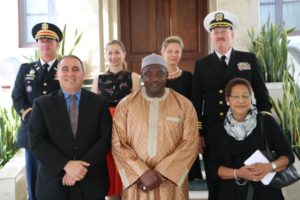

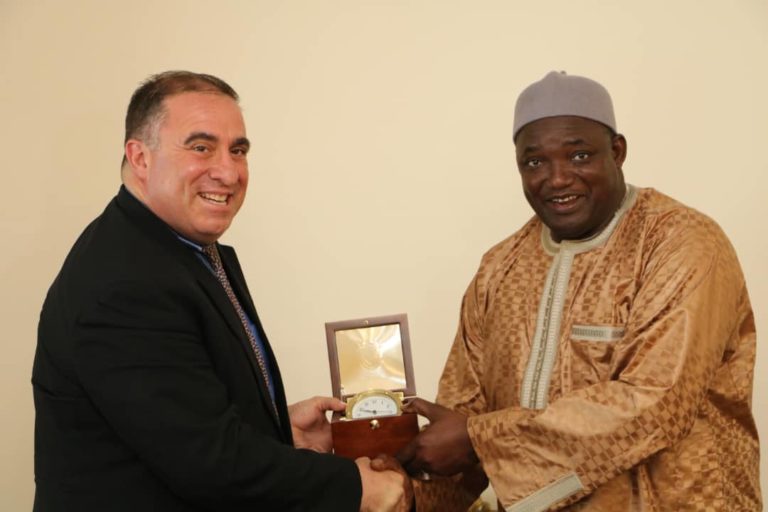
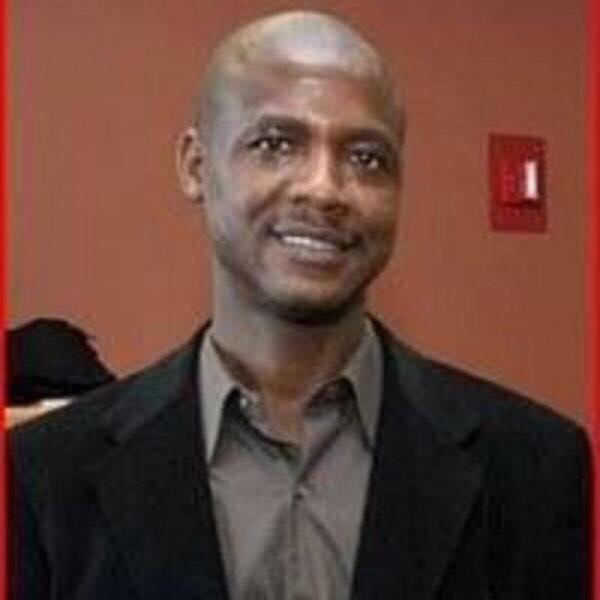
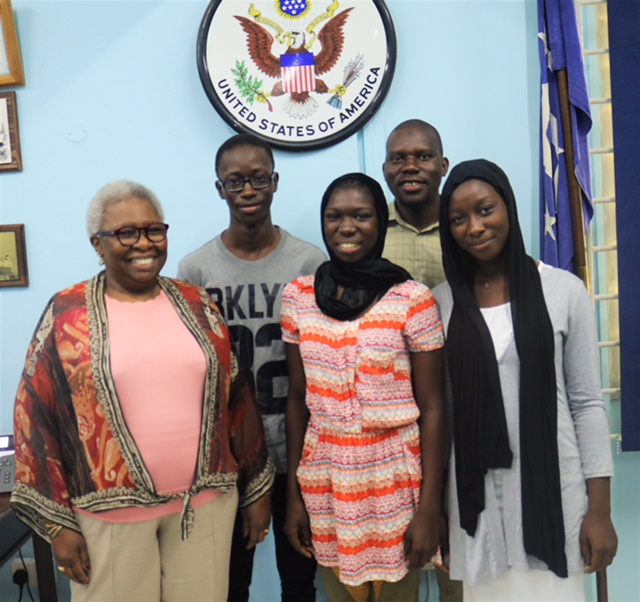
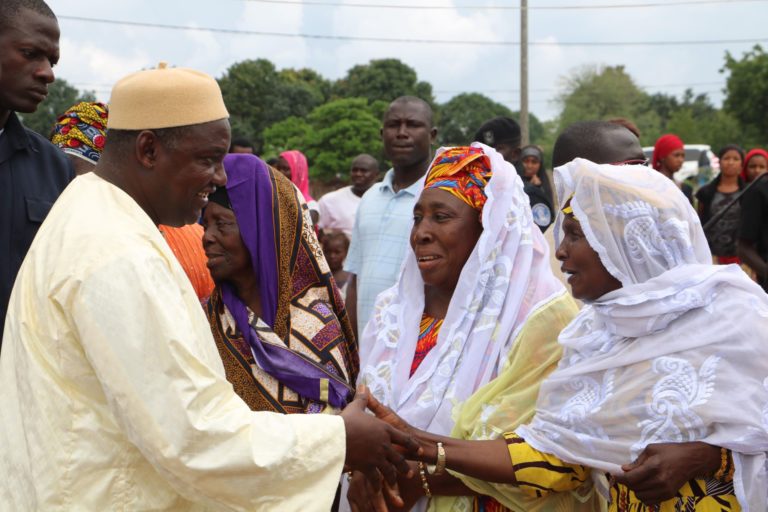

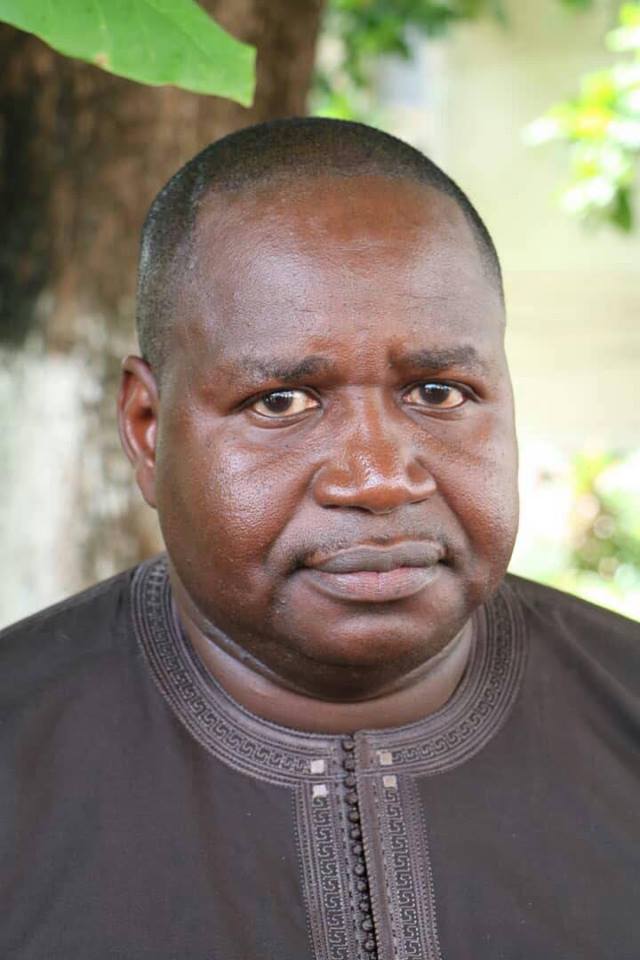
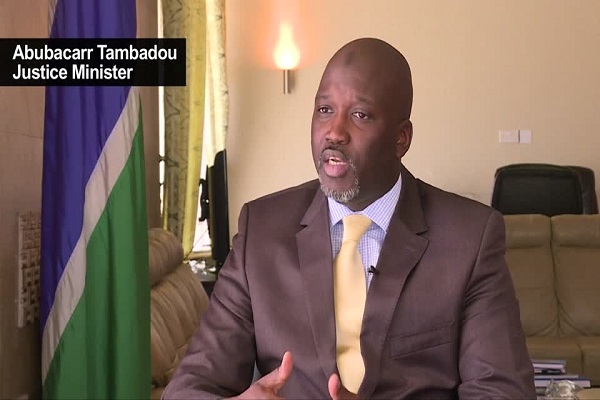

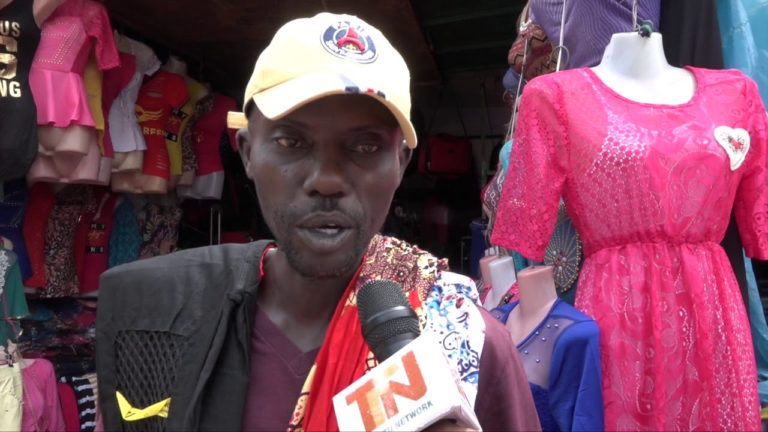

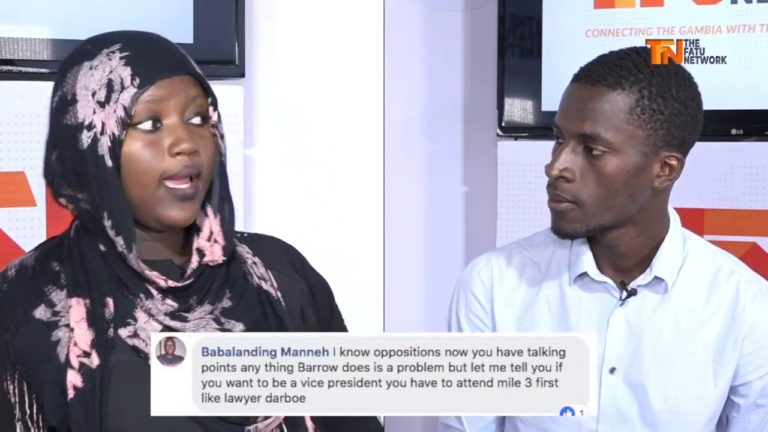
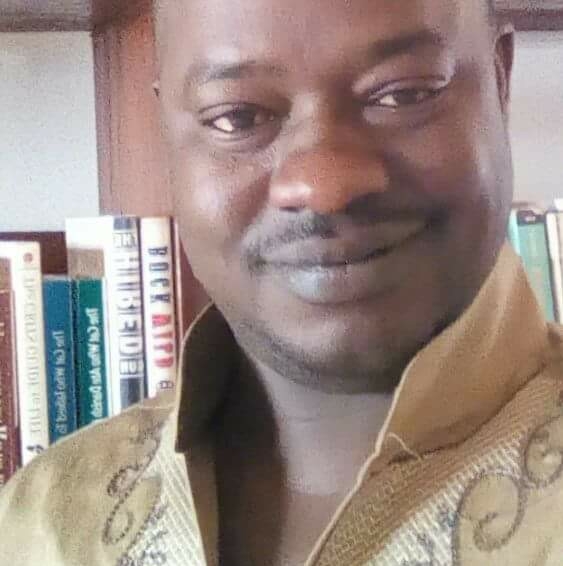
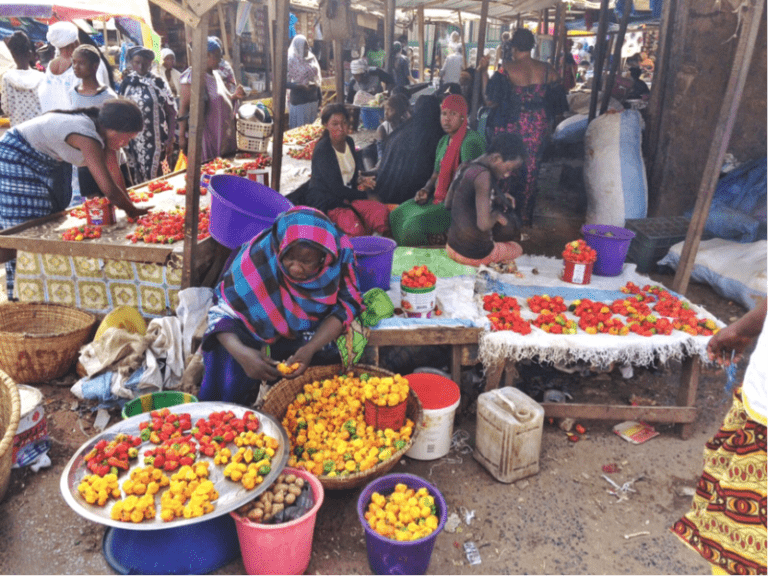
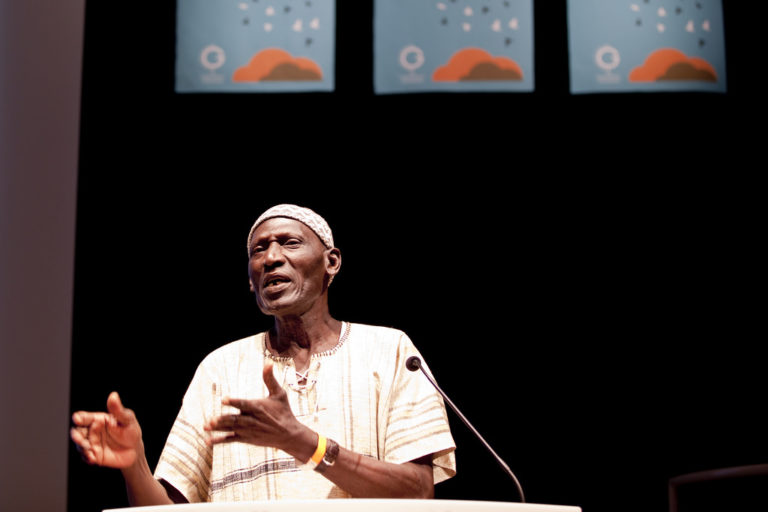
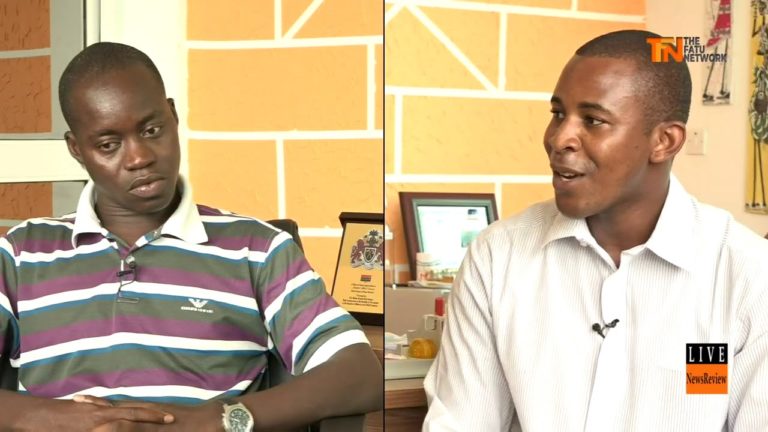


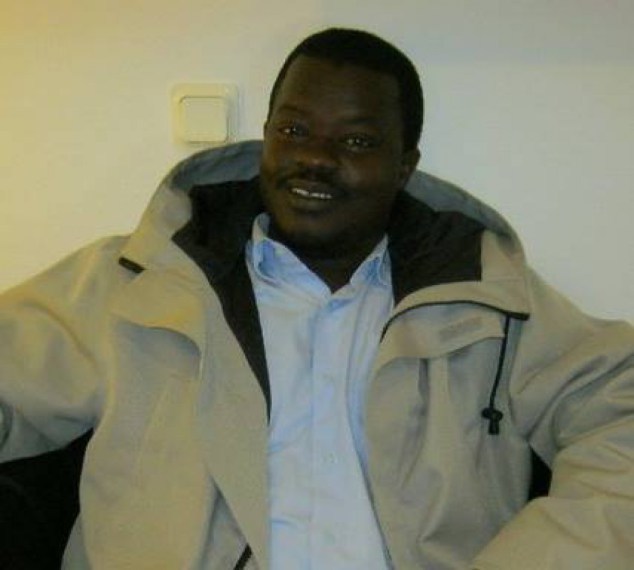
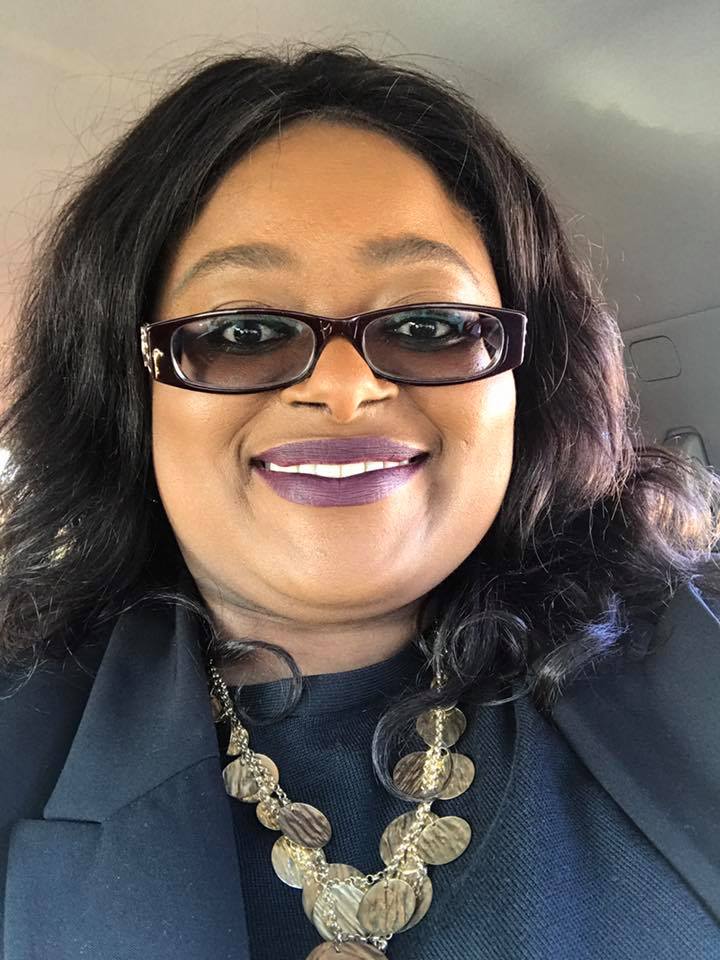
Government Has to Rethink Communication Strategy…
Effective communication is said to be one of the most important components of governance. In fact, a good commination strategy can make a government appear to be doing far more than it is actually doing. It can present a government as having great achievements when in fact it’s not doing much. Any government that wants to succeed therefore must have a very good and effective communication strategy.
The current government; however, is having serious problems of communication. We observe repeatedly how this government does blunders in the area of communicating with the people. When something happens, we often hear the Press Secretary, Office of the President Amie Bojang-Sissokho make muddy the waters more in interviews.
For instance, when government appointed a spokesperson, it was announced on Gambia Radio and Television Services and carried by some of the newspapers in the country. Almost a week later, Mrs Bojang-Sisokho denied knowledge of the appointment in her weekly press briefings. People wondered how the president can appoint someone and his press secretary is not aware. This was later clarified by the minister of Information of national television.
Having appointed a Government Spokesperson in the person of Ebrima G. Sankareh, one would have thought that it will transform the way that government communicates with the people. However, since his appointment, Mr Sankareh has issued two press releases which raised more questions than they answered.
The first one was in response to leaked audios of former president Yahya Jammeh and his lieutenants here in the country. This was a completely unnecessary response as it just went into a diatribe against the APRC party which can even widen the gap between that party and the rest of the country. It would have sufficed to notify the International Community of this and ignore the rest.
The second one – released yesterday – was full of misinformation and deceit. Mr Sankareh failed to get the facts right and tried instead to window dress the issue of President Barrow announcing that he will construct sixty mosques every year. He tried to pin that down on the Barrow Youth Movement which was not actually what happened.
I had an argument with an American lady last year when she said that it is the press that is tarnishing the reputation of Donald Trump. I said that instead, it was Donald Trump who was tarnishing the image of Donald Trump in his tweets and other engagements with the media. Similarly, if Mr Sankareh really wishes to portray the President Barrow and his government in a good light, he should advise President Adama Barrow to be more measured when he speaks.
You see, now we live in the age of technology. Everything s recorded and stored away in the clouds, as it were. People can always bring out a statement said, or an image taken, any time. So, it is necessary that whatever one is saying, one needs to think twice before uttering any statement.
President Adama Barrow needs to measure his statements more carefully and weigh the pronouncements to avoid confusion. Otherwise, people will keep misunderstanding, misquoting or misrepresenting him due to the obfuscation in his pronouncements.
All in all, the government must rethink its communications strategy to ensure that effective communication with the public is forthcoming.
Tha Scribbler Bah